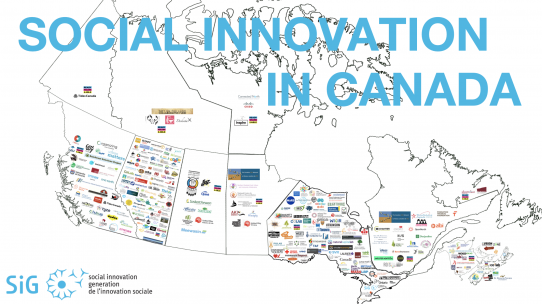This report summary is a snapshot-in-time of the start-up of one country’s experiment in mission innovation, mission government and moonshot philanthropy. Hopefully there are takeaways from the UK’s experience that could inform Canada’s approach for adopting intentional societal innovation more successfully and systematically. The report was commissioned by Prof. Sandra Lapointe.
In July 2024 the United Kingdom’s national election brought the Labour Party led by Keir Starmer to power as Prime Minister, with a majority government. The election platform of the new government focused on “change” with five prominent “mission” commitments. These missions are positioned as long-term, strategic objectives rather than traditional manifesto promises. They emphasized that they would guide governance beyond a single parliamentary term.
The missions build on historic ways that political parties have developed party platforms and pitched themselves to the electorate. What’s different about today’s Britain is that the 2024 election followed a dizzying array of changes: 14 years of tumultuous Conservative Party rule with 5 different prime ministers, Brexit and Britain’s departure from the European Union, Russia’s invasion of Ukraine, the social, economic and cultural shock of the global COVID pandemic, and over a decade of deep austerity. The resulting societal crevices created an appetite for the 5 missions (as currently framed): 1. Reforming the National Health Service, 2. Catalyzing economic growth, 3. Making Britain a clean energy leader, 4. Revamping the education system, and 5. Ensuring safe streets and communities.
Will mission government remain a central feature of the UK government? Will they achieve their goals? These are questions whose answers will only be revealed over time. But one easily visible issue is: How can an historically top-down institution like the UK government entertain reshaping government at the same time as its plans assume — in addition to a “whole-of-government approach”1— linking arms with other levels of government and other sectors like business, unions and civil society to achieve the missions?
More fundamentally: Is Britain an “experimenting society” and to what degree can interested institutions contribute to creating an enabling context and national ecosystem for mission innovation to succeed? These questions informed parallel UK research on the much less visible role of philanthropy. How could it become an adjunct or even catalyst for ambitious mission projects and programs to succeed?
The report therefore focuses on mission innovation and moonshot philanthropy and their potential intersection. For a longer analysis, including numerous links and summaries of adjacent concepts, topics and fields, please request it from Tim Draimin.






